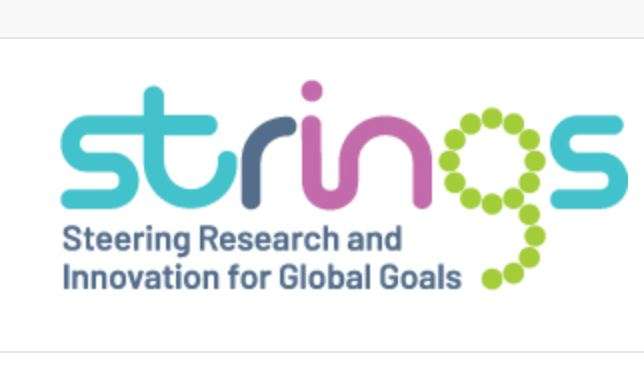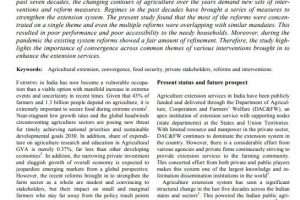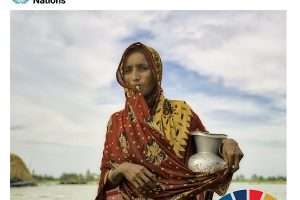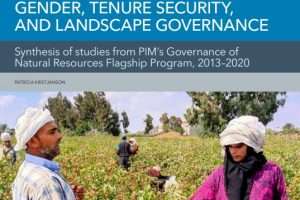Hugo Confraria and Agustina Colonna
The 2030 Agenda for Sustainable Development and its Sustainable Development Goals (SDGs) acknowledge that science, research, technology and innovation (STI) are vital drivers of the global transformation towards a better and more sustainable future for all.
However, the impact of STI investments and policies on the SDGs is complex, often intangible and full of synergies and trade-offs.
As part of STRINGS’ work to better understand these complex relationships, we set out to analyse the main findings from publications (both scientific papers and grey literature) that examine the relationship between STI and the SDGs. This blog summarises the themes emerging from this literature review, and the implications for efforts to better align STI with the SDGs.
After developing a search methodology and selecting the most relevant literature produced between January 2014 and September 2020, we grouped the publications in four broad, related themes:
- Misalignment between STI investments and the SDGs.
- Approaches to shaping STI towards the SDGs.
- Synergies and trade-offs between SDGs.
- Monitoring of the success of STI for the SDGs.
Misalignment between STI investments and the SDGs
Publications in the first theme consider the reasons for the potential misalignments between STI investments and the SDGs.
One issue highlighted is the uneven distribution of STI activities across countries, which biases the focus of STI endeavours to thematic areas and societal problems unrelated to the problems of the worldwide majority1–4. For example, high-income countries perform most of their medical research on diseases (e.g. cancer) that are not the ones with a higher global disease burden (e.g. infectious diseases).
Another factor mentioned is that societal priorities differ substantially with economic status within countries. For example, according to a survey sent to 34 African countries5, hunger (SDG 2), health (SDG 3), water and sanitation (SDG 6), access to energy (SDG 7), and infrastructure (SDG 9) matter more to the poor. In contrast, the wealthiest respondents were more likely to cite jobs and economic growth (SDG 8) peace, justice and strong institutions (SDG 16) as priorities.





Add Comment